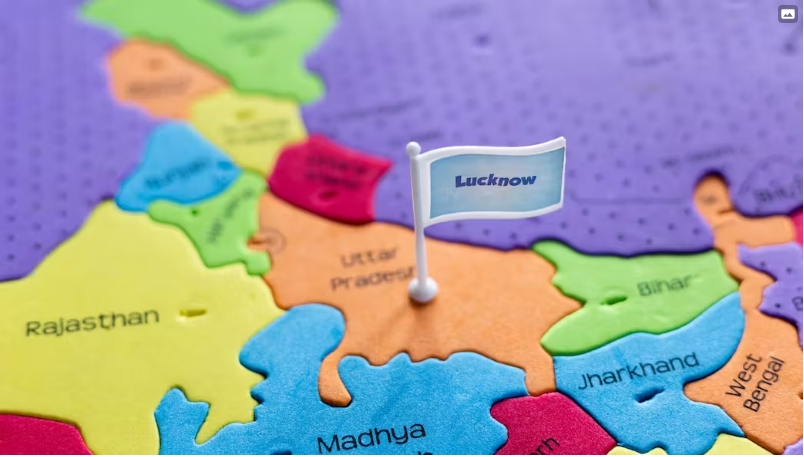
Minigrids, sometimes referred to as remote microgrids, are typically used in remote areas that do not have access to a central grid. Minigrid systems use software to control distributed energy resources like solar panels and battery storage, providing remote communities with reliable, clean and affordable power.
Located in north-central India on the border with Nepal, Uttar Pradesh is the country’s most populous state with more than 241 million people. More than 70% of the population live in rural areas with limited access to electricity.
The winning bidder will operate and maintain 16 solar minigrids as well as 30 solar power plants recently constructed by the Uttar Pradesh government. The minigrids have an aggregate generating capacity of 2.332 MW, while the solar plants have an aggregate capacity of 0.58 MW.
Power generated by the minigrids and solar plants can be sold by the winner to residential customers in the rural area, as well as small, medium and micro businesses, farmers and other commercial and industrial operations.
According to the tender, bidders must have a minimum of five years experience in building, operating and maintaining at least two minigrids with a cumulative capacity of at least 25 KW.
India investing in minigrids
Uttar Pradesh is not the only Indian state turning to minigrids to provide power to rural communities. Last fall, the Jharkhand Renewable Energy Development Agency issued seven tenders for the maintenance and operation of solar minigrids.
That project included 212 solar minigrids plants across seven districts including 68 in Chatra, 23 in Gumla, 14 in Hazaribagh, 17 in Pakur, 37 in Sahibganj, 60 in Simdega, and 47 in West Singhbhum.
Uttar Pradesh tender closes soon
Bids for the UPNEDA minigrid and solar plant O&M project must be submitted by Tuesday, January 9. More information on the project as well as bidder eligibility and experience can be found on UPNEDA’s website.
A tender fee of approximately $142 (Rs 11,800) and earnest money of $300 (Rs 25,000) must be submitted with the bid. The bid winner will be required to provide a $24-per KW (Rs 2,000) security deposit on the quoted capacity of the projects in the form of a bank guarantee.